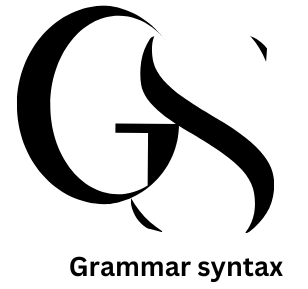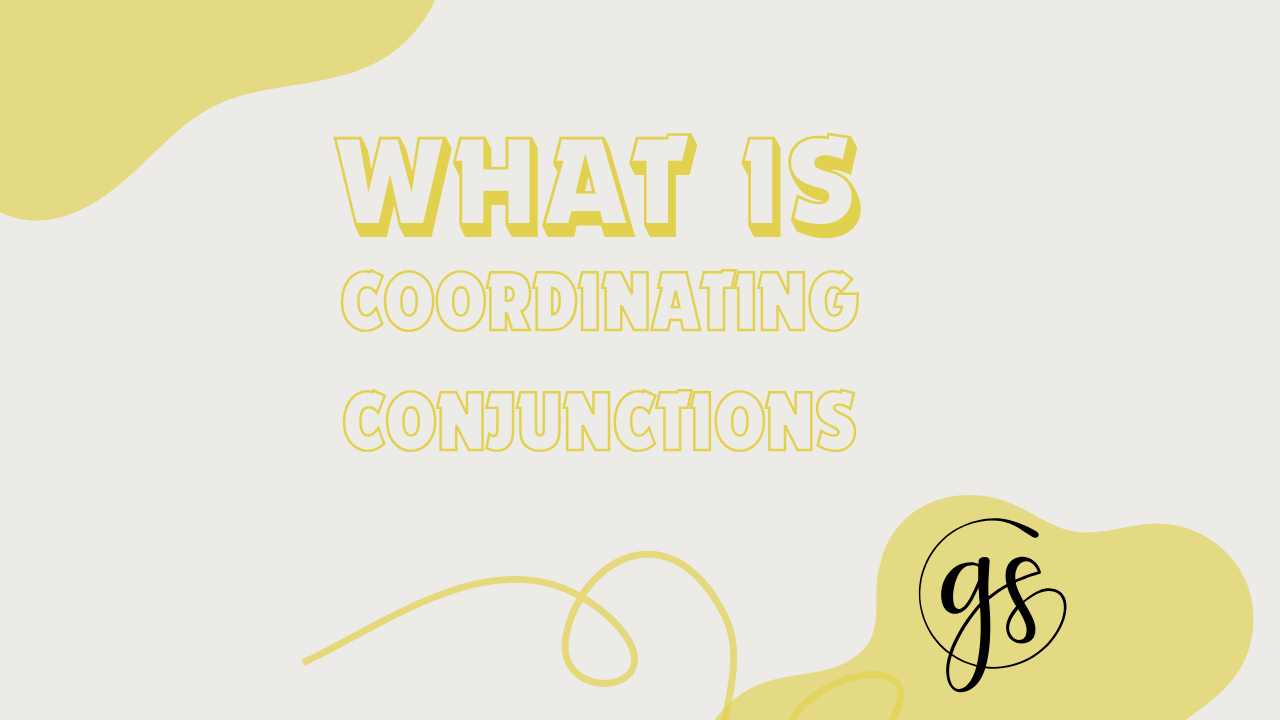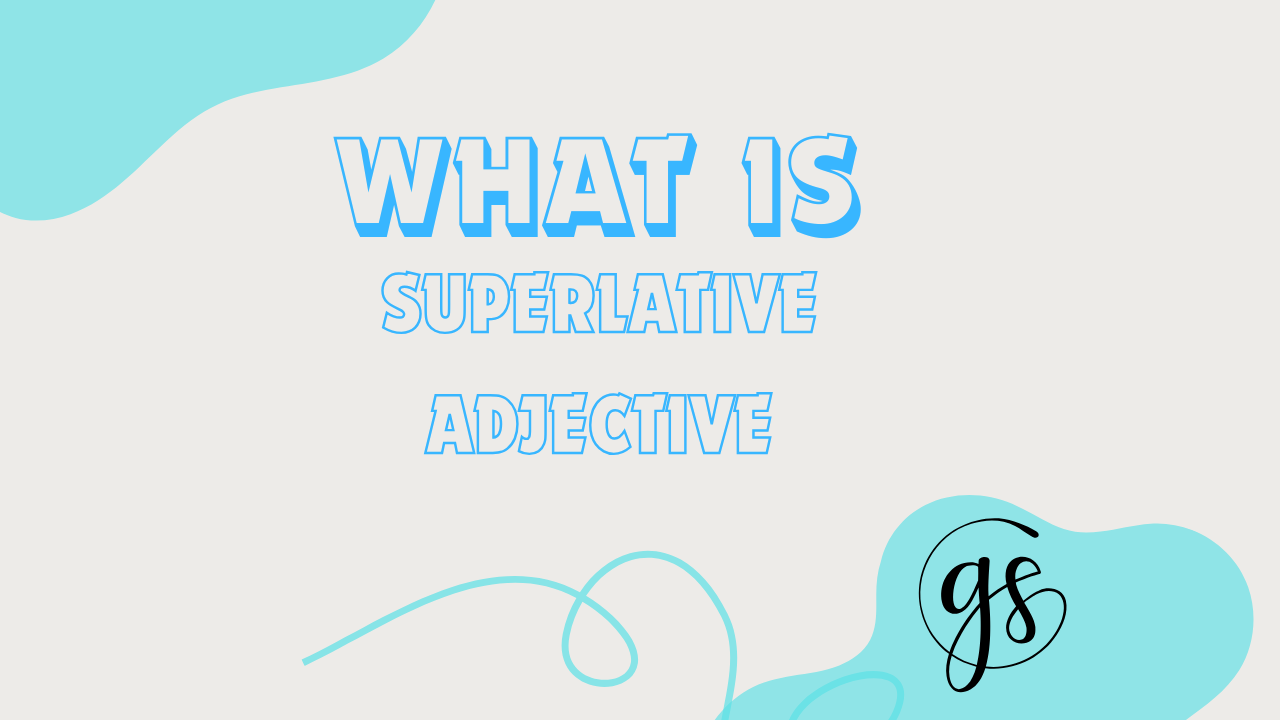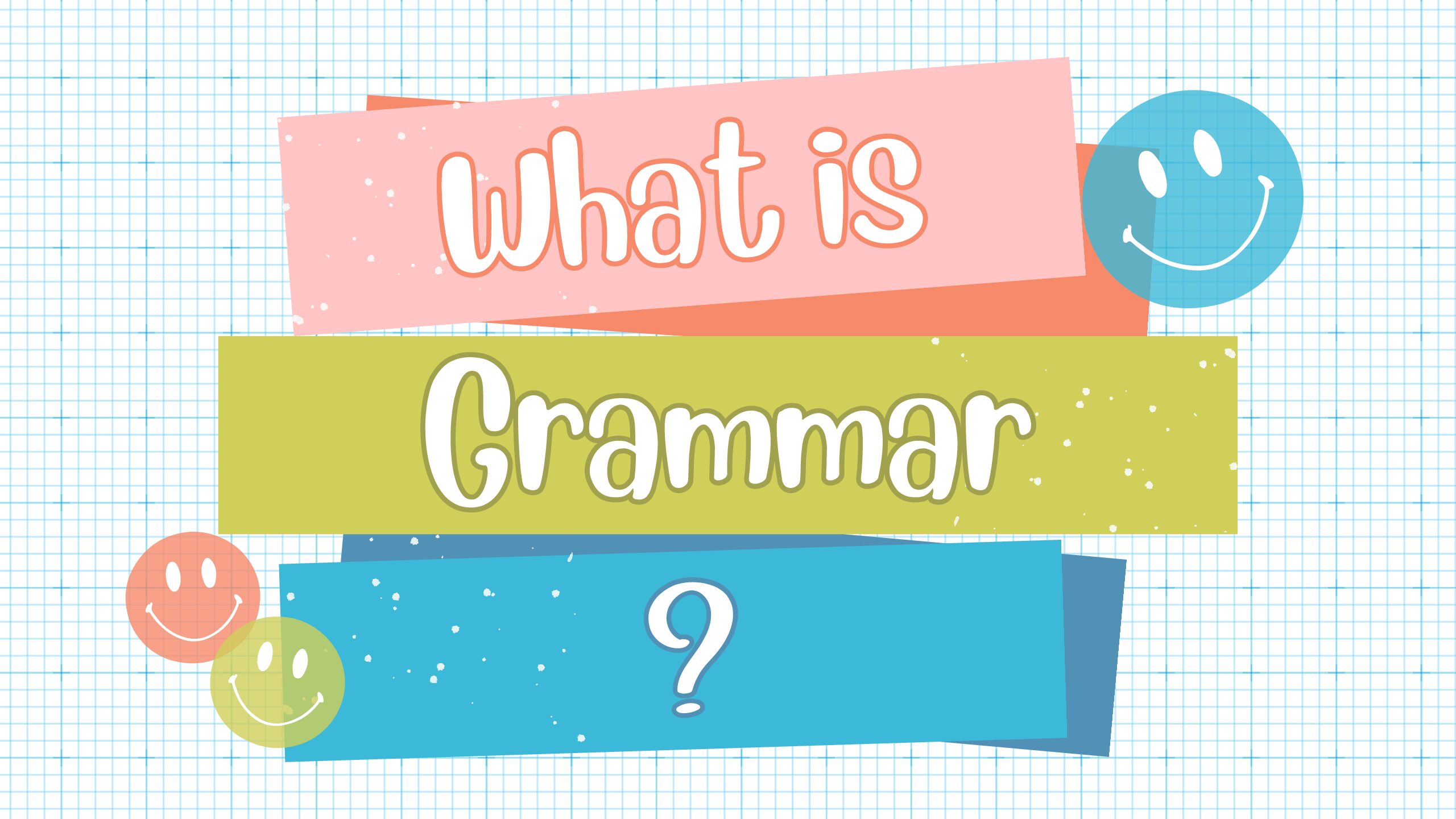Introduction:
A conjunction is a part of speech that connects words, phrases, clauses, or sentences. It is used to join different elements in a sentence to show relationships between them.
Types
There are two main types of conjunction
- Coordinating conjunctions
- Subordinating conjunctions
What are subordinating conjunction:
Subordinating conjunctions are words that connect a dependent clause (a group of words that cannot stand alone as a complete sentence) to an independent clause (a complete sentence). They show the relationship between the two clauses, indicating things like cause, condition, time, contrast, or purpose.
For example:
- “She went to bed because she was tired.”
- “Because” is the subordinating conjunction, linking the dependent clause “because she was tired” to the independent clause “She went to bed.
Examples of subordinating conjunctions include
1. Cause and effect:
These conjunctions show a cause-and-effect relationship between the clauses.
- Because: She didn’t go to the party because she was feeling sick.
- Since: Since it was late, we decided to leave.
2. Time:
These conjunctions express a relationship based on time.
- After: We went for a walk after the rain stopped.
- Before: I finished my homework before the movie started.
- While: I listened to music while doing my homework.
- Until: Stay here until I return.
3. Condition:
These conjunctions introduce conditions or situations that affect the outcome.
- If: I will go to the park if it doesn’t rain.
- Unless: You won’t pass the test unless you study hard.
- Provided that: You can borrow my book provided that you return it by Friday.
4. Contrast:
These conjunctions show a contrast or comparison between the two clauses.
- Although: Although it was cold, she went for a run.
- Though: Though he was tired, he kept working.
- Even though: Even though they were late, they still caught the train.
- Whereas: She loves classical music, whereas her brother prefers rock.
5. Place:
These conjunctions show a relationship based on location or place.
- Where: He went to the place where he grew up.
- Wherever: You can sit wherever you like in the classroom.
6. Purpose:
These conjunctions explain the purpose or reason for an action.
- So that: She whispered so that no one could hear her.
- In order that: He studied hard in order that he could pass the exam.
7. Manner:
These conjunctions explain how something happens.
- As: She danced as if no one was watching.
- As if: He acted as if he knew everything.
Interesting fact about Subordinating conjunctions:
An interesting fact about subordinating conjunctions is that they can change the meaning or emphasis of a sentence depending on their position. For example, when a subordinating conjunction (like “although,” “because,” or “if”) is placed at the beginning of a sentence, it tends to make the subordinate clause more important or gives it more emphasis.
Exercise:
1:I will call you __________ I arrive at the station.
2:I stayed home __________ it was raining heavily.
3 : _________ you finish your homework, you can go outside to play.
4: I will go to the park __________ the weather is nice.
5: __________ she was tired, she finished the project on time.
6: __________ we were walking in the park, we saw a beautiful butterfly.
7: I can’t go to the party __________ I have to study for my exam.
8:He was late __________ the bus broke down.
9: You can’t leave __________ you ask for permission.
10: __________ it was his birthday, he didn’t feel like celebrating.
Answer Key:
1: When 2: because 3: once 4: if 5: although 6: while 7: because 8: because 9: unless 10: even although
Conclusion
Subordinating conjunctions are essential in constructing complex sentences, as they significantly influence both structure and meaning. These conjunctions connect dependent clauses to independent clauses, thereby enhancing clarity by illustrating various relationships, including cause and effect, time, condition, contrast, and purpose. By employing subordinating conjunctions such as because, although, if, and while, authors can articulate intricate ideas and demonstrate the interdependence of actions or conditions. Proficiency in the use of subordinating conjunctions improves both written and spoken communication, facilitating more refined and accurate expression. Therefore, a thorough understanding and correct application of these conjunctions are crucial for effective communication in English.
FAQ’s:
1. What is a subordinating conjunction?
A subordinating conjunction is a word that connects a dependent clause (a group of words that cannot stand alone) to an independent clause (a complete sentence). It shows the relationship between the two clauses, such as cause, contrast, time, or condition.
2. Can you give examples of subordinating conjunctions?
Some common subordinating conjunctions include:
- Because (cause)
- Although (contrast)
- If (condition)
- When (time)
- While (time/contrast)
- Unless (condition)
- Before (time)
- After (time)
3. What is the difference between a coordinating and subordinating conjunction?
A coordinating conjunction connects two independent clauses of equal importance (e.g., “and,” “but,” “or”), while a subordinating conjunction connects a dependent clause to an independent clause, showing a relationship of dependence or hierarchy (e.g., “because,” “if,” “although”).
4. Can a sentence have more than one subordinating conjunction?
Yes, a sentence can have more than one subordinating conjunction if multiple dependent clauses are connected to the main clause, each indicating a different type of relationship (e.g., “Although it was raining, we went outside because we needed fresh air.”).
5. Where do subordinating conjunctions go in a sentence?
Subordinating conjunctions are typically placed at the beginning of the dependent clause. If the dependent clause comes at the start of the sentence, it is followed by a comma (e.g., “If it rains, we will stay inside.”). If the dependent clause comes after the independent clause, no comma is necessary (e.g., “We will stay inside if it rains.”).
6. Why are subordinating conjunctions important in writing?
Subordinating conjunctions help writers create complex sentences that provide more detail and convey more precise relationships between ideas. They help avoid overly simple or choppy sentences, making writing more fluid and sophisticated.
7. Can a sentence without a subordinating conjunction be grammatically correct?
Yes, a sentence can be grammatically correct without a subordinating conjunction if it is a simple sentence or contains only an independent clause. Subordinating conjunctions are needed only in complex sentences that involve dependent clauses.
8. What happens if you misuse a subordinating conjunction?
Misusing a subordinating conjunction can lead to sentence fragments or run-on sentences. For example, if you forget to include the dependent clause or use the wrong conjunction, the sentence may lose its intended meaning or structure.
9. What are the most common mistakes with subordinating conjunctions?
Common mistakes include:
- Using a subordinating conjunction where it is not needed (e.g., “She went home although the weather was nice”).
- Forgetting the comma when a dependent clause starts the sentence.
- Mixing up conjunctions (e.g., using “if” where “when” should be).




